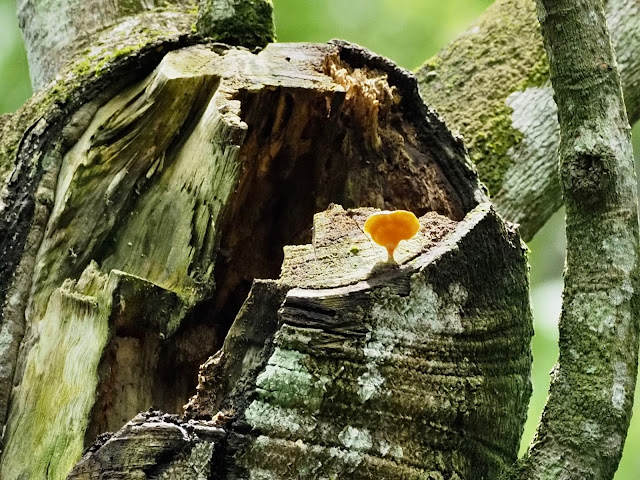 |
| wisdom in traditional chinese medicine |
23. Stomach and spleen1. Besides hair and skin, the stomach and digestive tract are exposed directly to external things.
2. To protect stomach and spleen,
- “Don’t overeat when hungry.
Don’t overdrink when thirsty.
Soup added to rice don’t play nice.
Meat creates heat.
Oil creates phlegm.
Green vegetables and tofu are the safest of them.”
3. In addition, have moderate and bland diet. Eat depending on own individual conditions.
4. “Moderation in all three meals, eat the proper amount on time, chew carefully, swallow slowly and your stomach will be healthy.”
5. Grain, meat, fruit and vegetables should be in balance.
6. Bad for stomach:
- lemon
– good as alkaline food but on empty stomach, sour and acidic for stomach
– bad for stomach – helicobacter pylori medicine; NSAIDS for cardiovascular ailment; anticoagulant medicine
- sweet potato
– sweet but can stimulate acid in stomach
– do not eat on empty stomach, cause acid reflux
- garlic
– representative of spicy food
– raw garlic is bad because stimulate stomach acid but not cooked garlic
- raw and cold food – e.g. raw blended fruit and vegetable juice
- fried food
7. Good for stomach:
- porridge
– millet because millet is yellow, sweet and salty
– yellow is good because goes straight to spleen
– sweet is good for stomach
– salty has kidney-nourishing effect
- raw ginger
– disperse chill and cold pathogens
– overcome vomiting
– eat in the morning, not in the evening
- Chinese yam
– is both food and medicine
– nourish stomach and spleen
– balance and nourish San Jiao acupoints
– boost bodily fluids
– nourish lungs and kidneys
– dry up excess bodily fluids
- fish
– seafood that swim fast has less of a cold nature, unlike crab
- dates
– goes directly to the stomach and spleen meridians
– nourish Qi and blood
– alleviate medicinal effects
– eat dried dates, not raw because raw is of cold nature
8. Mood is intimately related to stomach because in TCM liver governs distribution and dispersion, i.e. distribution throughout the body and dispersion outside of body, i.e. of Qi. Qi flows upstream and downstream, and to the left and right of body, and is governed by liver. Thus, liver governs mood and will.
9. Stomach and spleen, and gall bladder are in the middle Jiao, thus, all are brothers; when one is not well, the other is not well too.
10. Brain and intestines are related. If there is mental problem, stomach and intestines are affected, and vice versa.
11. “Follow your gut” can also mean follow your intestines, follow your heart. Chinese idiom: “a bellyful of bad water” refers to bad intentions.
12. Stomach and intestines have corresponding reaction on brain. There are three aspects that have effects on brain via intestines:
i. micro-ecosystem of the intestines
- have 1.5-2kg of different types of bacteria which have effects on digestive system, also cause reactions in our central nervous system so micro-ecosystem of stomach and intestines have reverse adjustment effect on brain
ii. hormones or gastrointestinal peptides have reverse adjustment on brain
iii. directly effect nerves, thus the brain
13. “If the stomach isn’t in harmony (wei bu he), your sleep will be restless.”
14. Atrophic gastric – symptoms are acid reflux, belching, bloating. To prevent:
iv. have routine in life
v. have bland fresh diet, easily disgestible
vi. maintain good mood
vii. have regular examination, endoscopy
* Sharing a nugget of vitality, not to be swallowed whole





